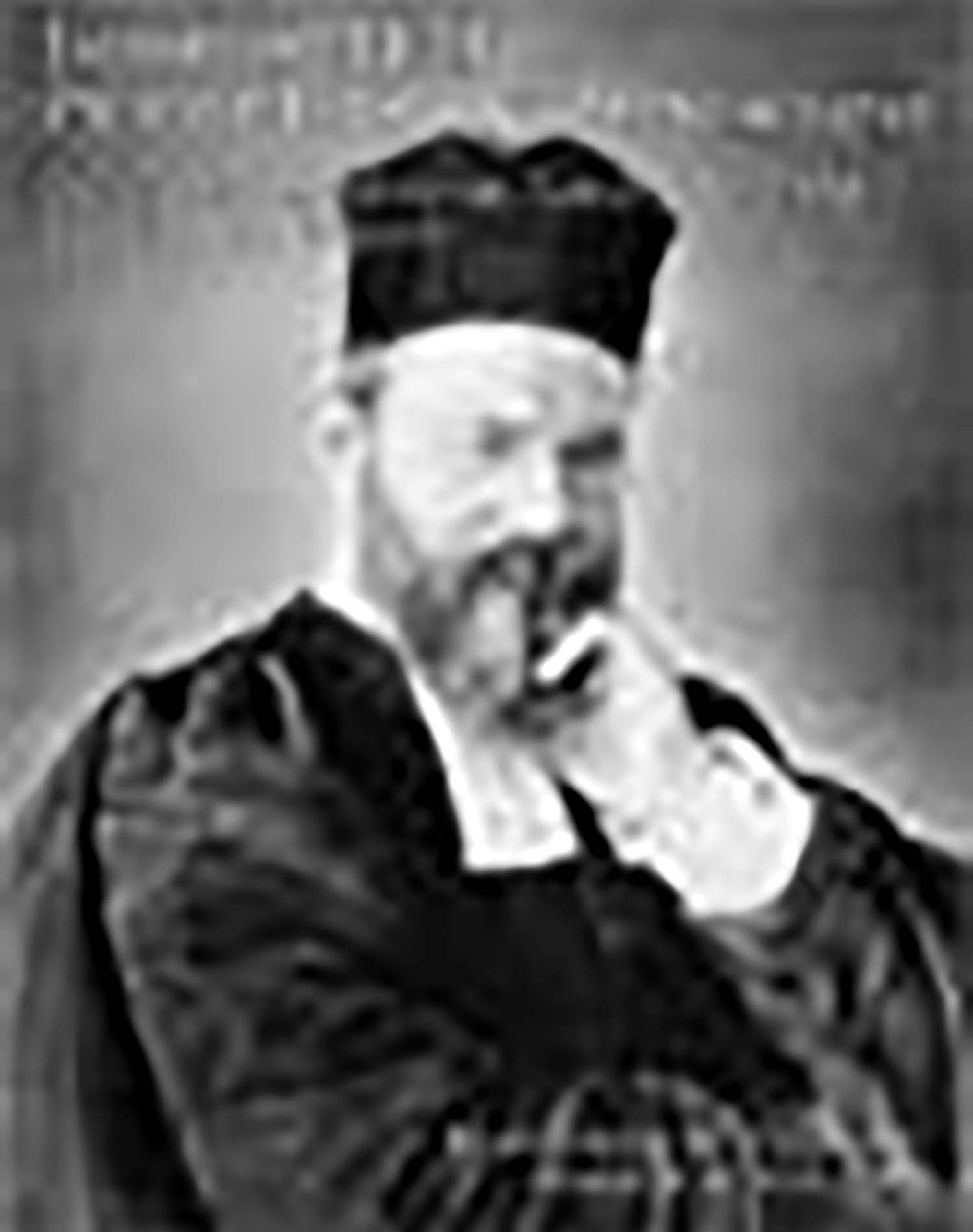(DIKDUKIM)

AUCTION 16 |
Tuesday, June 25th,
2002 at 1:00
Important Hebrew Printed Books and Manuscripts From the Library of the London Beth Din
Lot 80
(DIKDUKIM)
Venice: Daniel Bomberg 1546
Est: $1,200 - $1,800
PRICE REALIZED $1,300
Mehalalch Shevilei Hada’ath: A grammatical textbook by a member of the illustrious Kimchi family, the merit of Shevilei Hada’ath lies in its brevity. Consequently it was long used in schools and was translated into Latin by Sebastian Münster, the great Christian Hebraist of the 16th century. See: M. Waxman, Vol. I p.178.
Sepher Tzachuth Badikduk: Ibn Ezra’s contribution to Hebrew philology lies in the fact that his were the first systematic grammatical works written in Hebrew. He thus made the field accessible to the Jews of Western Europe. His Sepher Tzachuth (“Purity” of the Hebrew language) deals with the entire field of Hebrew grammar and contains several chapters on prosody and the theory of Hebrew meter. See: M. Waxman, Vol. I p.176 On the efforts in Hebrew grammar and lexicography in the early part of the Mediaeval period in general, see: M. Waxman, Vol. I pp. 153-179.
Pethach Devarai: The authorship of this work is the subject of much scholarly discussion. It is ascribed to Elijah ben Asher Ha’levi. Whoever he was, the author’s purpose was to give a popular statement of the principles and rules of Hebrew grammar and endeavors to demonstrate how a knowledge of grammar is necessary for the understanding of the Bible. Divided into two parts, the first is devoted to an exhaustive study of the classification and inflections of verbs. The second part deals with the nouns, particles and verbal suffixes. Other chapters deal with the rules of phonetics, vowels and accents. See: M. Waxman, Vol. II p.9.
Sepher Ha’arakavah: Provides an alphabetical list of compound words in the Bible, and explains their composition and derivation. “Elijah’s grammatical books, on account of their clearness and preciseness, gained great favor among the Christian Hebrew scholars of the sixteenth Century and several of them were immediately translated into Latin.” See M. Waxman, Vol. II p.19.
Marpe Lashon/Darchei Noam: The first of these two short grammatical works by the Portuguese grammarian, Moses Ibn Chabib, provides a brief outline of the principles of grammar in the Socratic form. The second, is on poetics and deals with the rules of prosopy. See: M. Waxman, Vol II p.16. On the efforts in Hebrew grammar and lexicography in the later Mediaeval period in general, see M. Waxman, Vol. II pp. 7-23
